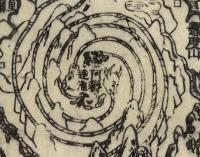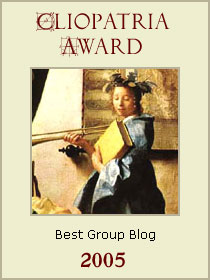There are a few places to go for archived syllabi — H-Net, ExEAS, I had a printed collection at one point, as well, then there’s the GMU Syllabus Finder — but not a lot of open discussion of course design. I’ve gotten help on sources, etc., from lists like H-Asia or by blogging questions (“bleg” means to “beg via blog” but it looks like “blech” to me so I won’t use it) and bothering old friends. But we need a more sustained discussion. So I’m going to inaugurate what I hope will be an ongoing series of posts here (and the other blogs about syllabi I’ve designed or am working on.
My only Asian history syllabus this semester is Hist 312: China I: Early China. It covers China up to about 1600: China II is Qing, including the Ming-Qing transition; China III is 20th century.
Early China is a great course: I keep toying with the idea of making it the one required Asian course for history majors, because the material is so fundamental, and it’s my best-attended China course by far. The problem, of course, is the richness and range of the material. This semester, though, I’m not even trying to make the semester “flow” because the history itself doesn’t. It’s episodic and inconsistent and the emphasis has to shift to make sense of things.




